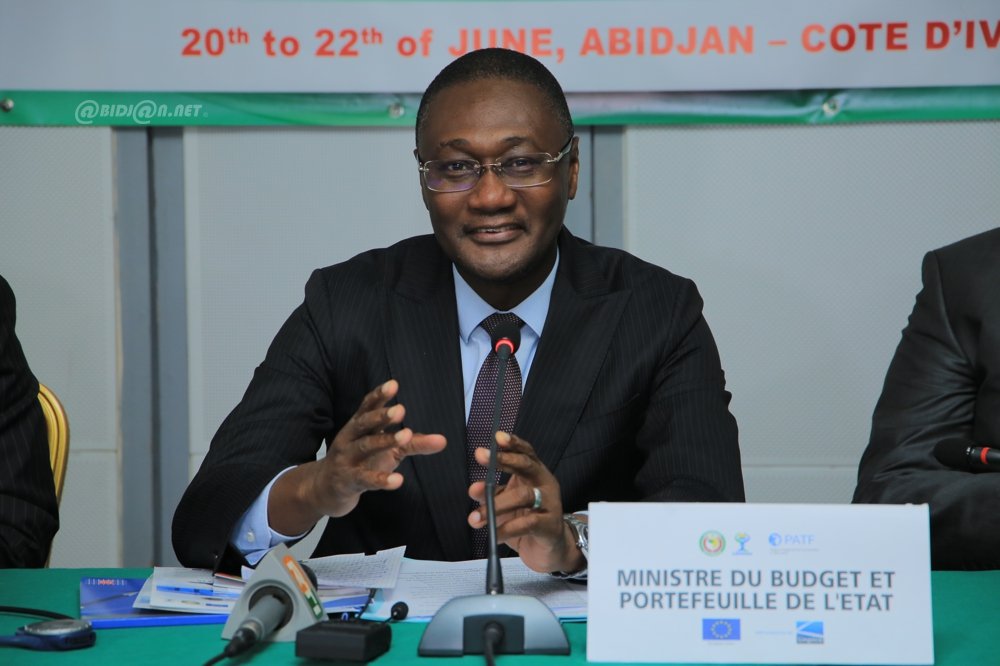The regional symposium on the administration of tax incentives in West Africa and the definition of the value-added tax (VAT) reference system, which began on Monday, Wednesday 22 June 2022, concluded at the Ivotel on de goodmarks, in the presence of Minister of Budget and State Governor Musa Sanogo. The final report read by Silvestre Embra, Executive Director at the Directorate General of Taxation (DGI) in Côte d’Ivoire, indicates that the work has been completed successfully.
The seminar has already adopted the draft regional matrix for assessing tax expenditures after the amendment and has chosen as the legal basis for defining the regional reference tax system in terms of Value Added Tax Directive No. C/DIR.1/05/09 of May 27, 2009 amended by Directive No. C/DIR.2/ 12/17 of December 14, 2017, which harmonizes the laws of member states in relation to value added tax. At the beginning of the work, it was noted that the West African Tax Transition Support Program, one of the main areas related to the rationalization and administration of tax incentives, has registered tangible results in many member countries of the Economic Community of West African States.
Immediately, Minister Musa Sanogo formally received the proceedings of the Abidjan symposium, which consist of a copy of the final report and a copy of the draft methodological guide to the regional assessment of tax expenditures adopted after the amendment. He commended the quality of the work and conveyed his encouragement to the ECOWAS Commission for its efforts to ensure tax coordination in the region. “Working to create a reference tax system means ensuring that all countries have the same measurement tool by which to assess the scale of the facilities offered by one or the other. This is important, given that we are working to avoid tax competition and this is about building an economic space with a common currency that must We have to take care of it,” Musa Sanogo stated.
He stressed that the issue of tax incentives is an important issue for countries that must give up public resources to finance collective goods. In Côte d’Ivoire, where the size of tax incentives is about 1.1% of the national GDP, the results of work will allow the country to position itself in relation to others and be able to make the right decision. “The main difficulty, says the minister, is how to achieve a balance that ensures that all players (the state, the provider of capital and workers) do not come out on the losing side.”
In addition, Moussa Sanogo thanked the ECOWAS Commission for the bronze trophy awarded to him for all the efforts made by Côte d’Ivoire in implementing the financial transformation program in the sub-region. He sees this gesture as encouragement to keep pace and promise to do his best to meet the challenge.
a

“Music guru. Incurable web practitioner. Thinker. Lifelong zombie junkie. Tv buff. Typical organizer. Evil beer scholar.”






More Stories
A large manufacturing project awaits space in the industrial zone
According to science, here are officially the two most beautiful first names in the world
Green space, 100% pedestrianized: DIX30 reinvents itself